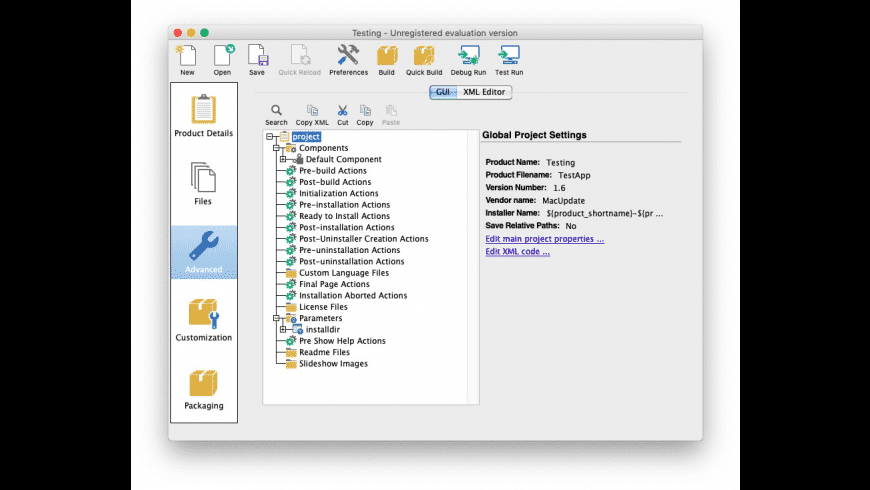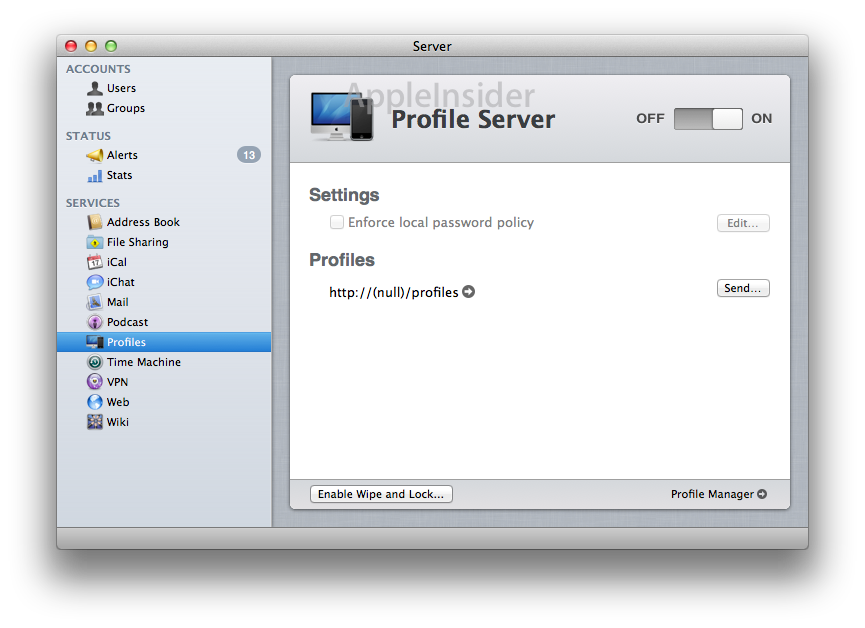
VMware Fusion is a software hypervisor developed by VMware for Macintosh computers. VMware Fusion allows Intel-based Macs to run virtual machines with guest operating systems—such as Microsoft Windows, Linux, NetWare, Solaris, or a different version of. Get started with free virtualization with VMware vSphere Hypervisor. Consolidate your applications onto fewer servers and start saving money through reduced. VMware Fusion: Powerfully Simple Virtual Machines for Mac. VMware Fusion Pro and VMware Fusion Player Desktop Hypervisors give Mac users the power to run Windows on Mac along with hundreds of other operating systems, containers or Kubernetes clusters, side by side with Mac applications, without rebooting. Fusion products are simple enough for home users and powerful enough for IT.
In most network deployments, generated MAC addresses are a good approach. However, you might need to set a static MAC address for a virtual machine adapter with unique value.
The following cases show when you might set a static MAC address: Useful app for mac.
- Virtual machine adapters on different physical hosts share the same subnet and are assigned the same MAC address, causing a conflict.
- Ensure that a virtual machine adapter always has the same MAC address.
By default, VMware uses the Organizationally Unique Identifier (OUI) 00:50:56 for manually generated addresses, but all unique manually generated addresses are supported.
I guess you don't now! Once you have got it you just need to copy the URL of what you want to download and press the Download button.Isn't this great and so accessible? You can also use the software to download entire Youtube playlists fast and easy. Videos downloader for mac. Are you still looking for ways to enjoy watching YouTube videos without internet access?



Vmware For Mac Os
11:11:11:11:11:11, 22:22:22:22:22:22 as static MAC addresses. The physical servers do not belong to the vCenter Server inventory, and vCenter Server is not able to check for address collision.